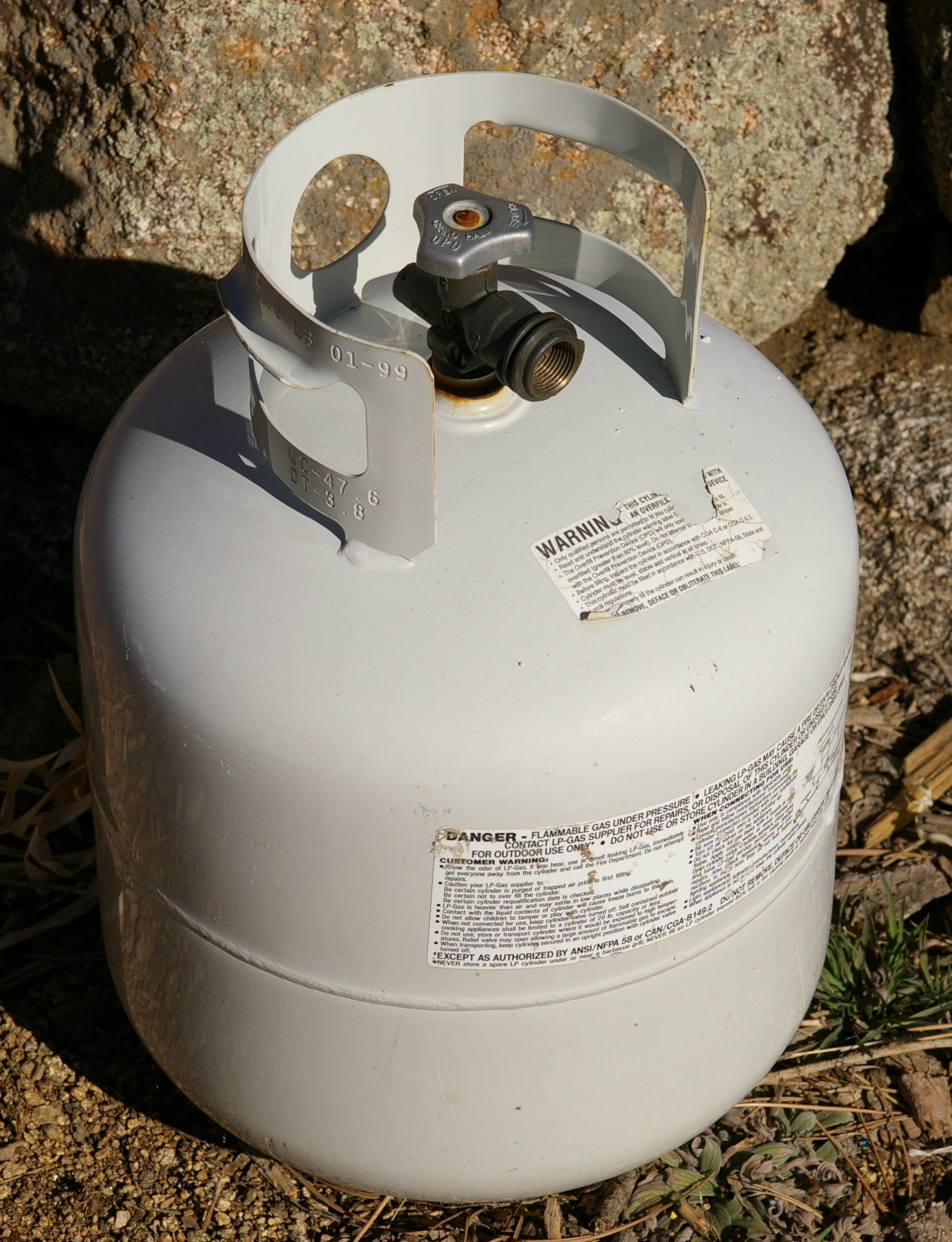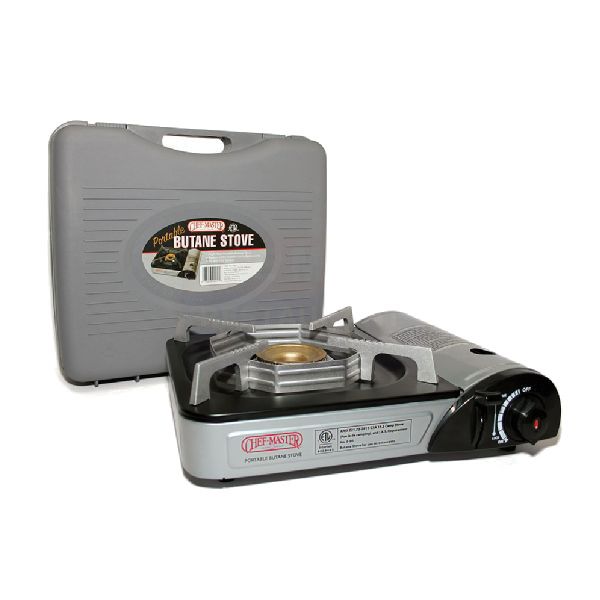Sadly, it is that time of year again and travel season is coming to a close. This usually means it is time to put away our toys until the warm weather returns and we can play again. Our RV was quite the investment and we need to assure they are cared for properly against the elements. If you are new to this lifestyle you might be asking, How do I make sure my RV is ready for the cold weather? For those of you that need this information, we put together, Best practices for winterizing RV so it is bulletproof for winter.
One last adventure before we go into hibernation for the winter

Winterizing an RV?
what does it mean to winterize my camper?
When RV season is over and it becomes too cold for you to travel anymore, you will want to winterize your camper before putting it away. This means getting your RV ready for the freezing temperatures that come along with winter in most places. The process of removing any water in lines or tanks that may freeze and expand.
How cold does it need to be before I winterize my camper?
32 degrees for a 24-hour period, water can freeze and damage pipes in your RV. Other components such as water tanks, valves, and water heaters could also be at risk if water freezes. Remember this is an expensive investment that needs taken care of.
Depending on your RV/camper winterizing can be done in several different ways.
Winterizing an RV made easy
Once winter is over you will need to reverse this process in order to prepare for summer fun. This video gives you the step-by-step instructions needed for de-winterizing an RV. Your RV may be slightly different, but most of these processes will pertain to everyone.
Dewinterizing an RV in the spring
More on the Basics of winterizing an RV – For a more detailed instruction process
What is best for the batteries when RV is put in storage?
It is recommended that you disconnect the batteries and store them in a cool — but not cold — and dry place. batteries will lose some of their charges in storage; the cool temperature slows that loss. Check the charge every four to six weeks with a voltmeter or multimeter, and charge the batteries as necessary to keep them fully charged.
This is important because a partially charged battery may freeze faster than a fully charged one. It is best to bring them into the garage for storage as freezing can damage or destroy the batteries.
You could also purchase a quality battery tender that shuts off when charged and trickles a charge when needed. This will assure your battery is ready to go when you are.

How to prepare for winterizing my RV

Where should I store my RV?
At home on your own property is the ideal location if space is available. Unfortunately, most people don’t have this luxury due to limited space or local laws prohibiting storage at home on the property. If you need to store your RV away from home make sure you do your research and find the ideal location for you.
The ideal off-site storage would be a secured lot in a shelter or under a roof of some kind. Keeping your RV out of the elements marks one thing to worry about off your list. Security is another, so a lot of on-site security is the best option when searching for places. A well-lit storage facility is something else to put on your list. With catalytic converters being a hot topic of late this will at least give you the best shot at deterring would-be thieves.
If your RV will be outside all winter, we recommend investing in a cover made especially for an RV. The cover will protect against extended exposure to ultraviolet (UV) rays that can damage the paint finish. It will also protect your vehicle from wind damage, tree sap, and bird droppings.
Purchase a quality, breathable cover that fits tightly around your RV, this will assure to keep wind and moisture out.
Do I need to add a fuel stabilizer?
Regular gas has a shelf life of between 3-6 months and diesel can last up to a year before starting to degrade. So, it really depends on the time duration you expect to keep it in storage and if you will be starting it up occasionally to run it.
Gas can go bad over time, resulting in sticky resin deposits. Those gummy deposits are caused by oxidation — and they can damage an engine, so be sure to use a fuel stabilizer, which prevents the deposits from forming.
If you have an RV in storage for an extended time, add the stabilizer according to the product’s package instructions, and then fill the rest of the tank with gas. Remember to start both the engine and generator, and let them run for a few minutes. This will allow the stabilizer to work its way through the entire fuel system. Another suggestion is changing the oil and oil filter in the engine and in the generator before storage because acids in used oil can cause corrosion
How do I keep critters out of my RV when not in use?
The best way to get rid of critters is to keep them from getting in from the start. We all know too well how many little critters like to set up vacation resorts inside of our RVs.
Sealing openings will help to keep them out and strong scents will help with the eviction process once they get in.
Here is a great read on some Secret to keep critters out of your camper
Additional tips to prepare for storage/winter
- Get up on the roof and check for possible damage that needs to be addressed
- Remove food from inside RV or any perishable products
- Check for any liquids that may freeze inside RV
- Flip cushions on the side to prevent moisture and mildew from settling
- Use sealed plastic for linen and clothes left in RV to prevent rodents from bedding
- Check for any gaps or holes in the exterior that rodents might sneak in
- Check that the propane valve is shut/turned off
- Close windows and roof vents





